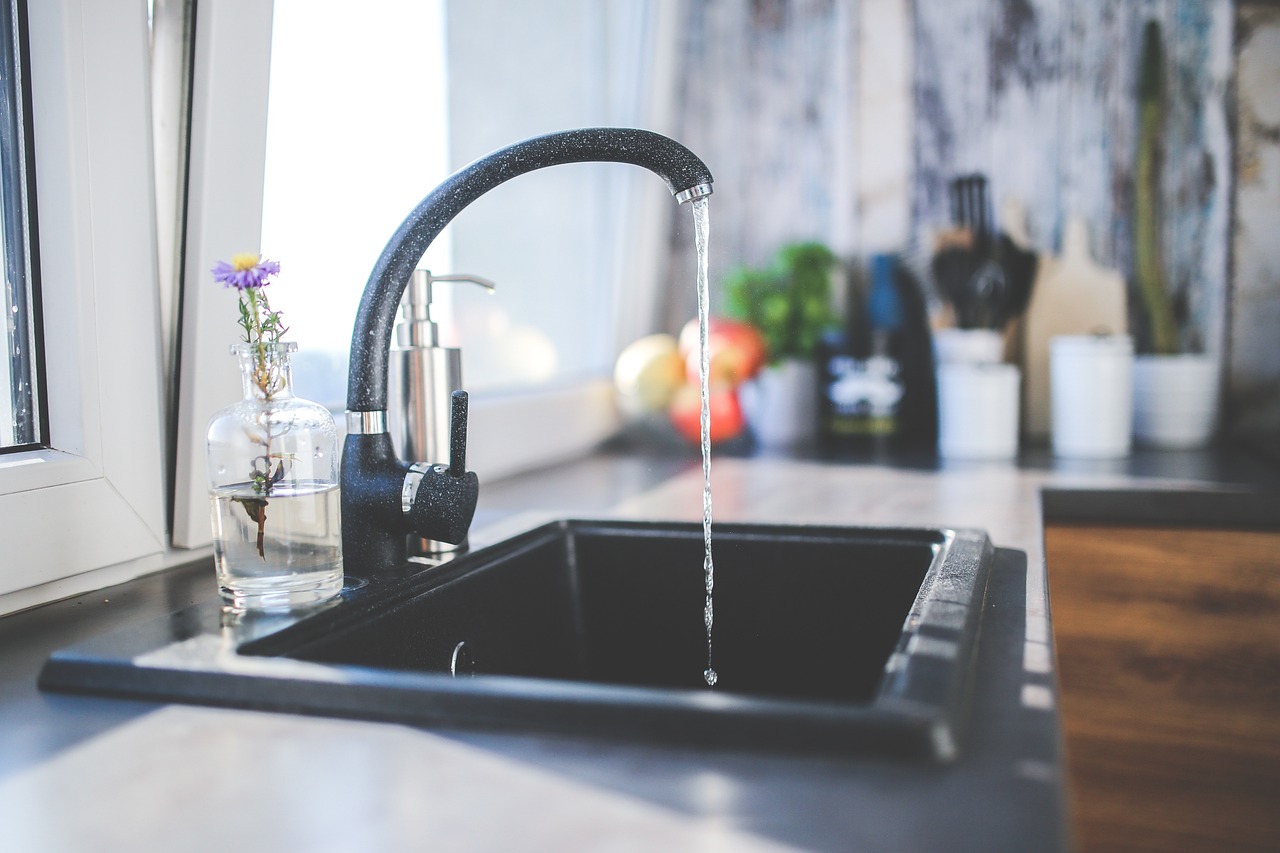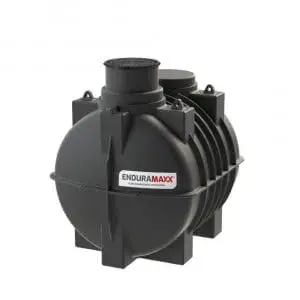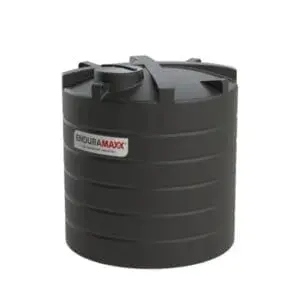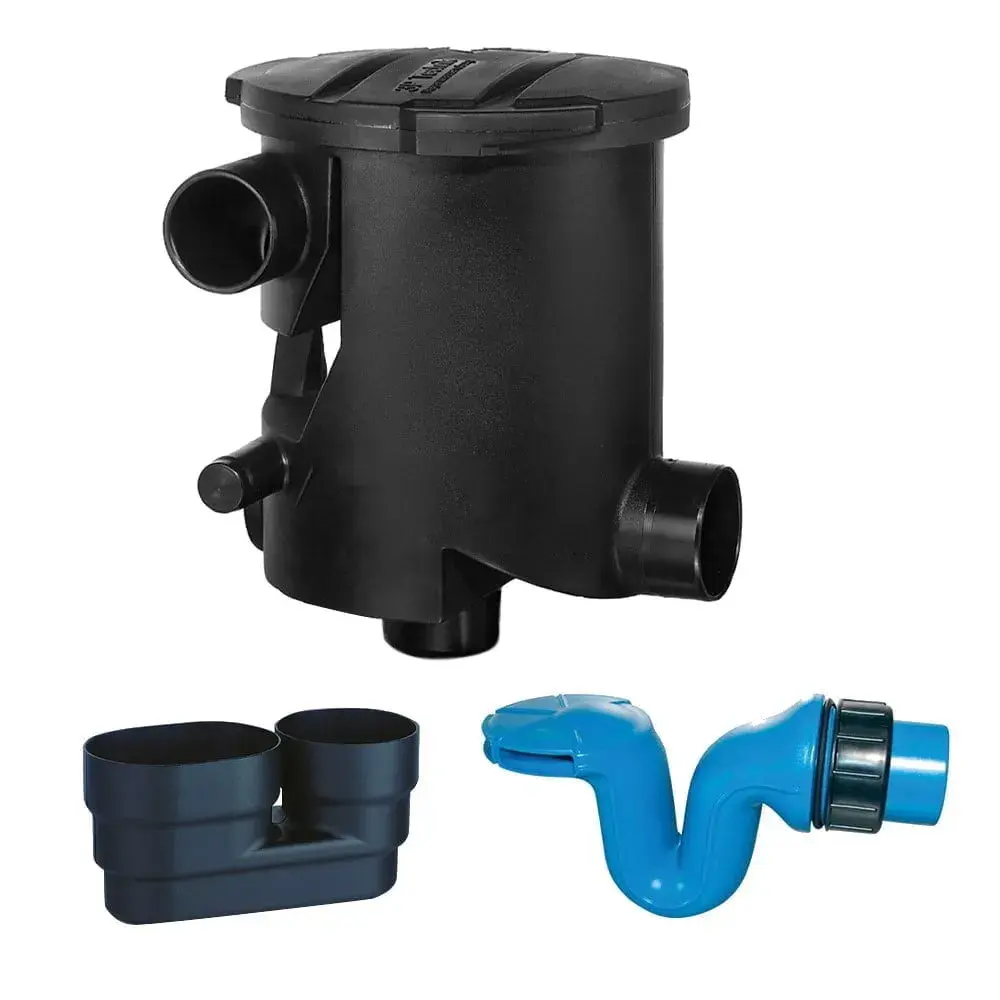
The terms ‘soft’ and ‘hard’ refers to the mineral content in water, specifically the concentration of calcium and magnesium ions. Rainwater, in its most natural form, is considered to be soft: when it forms in the atmosphere through condensing, the water droplets don’t come into contact with the minerals that are found in soil or rocks. When water passes through the ground, it becomes contaminated with minerals and the hardness increases; other surfaces, such as rooftops, can also have the same effect.
In this article, we’ll outline the key differences between soft and hard water and explore some of the most common applications of each.
What Is Soft Water And How Is It Used?
Soft water contains low concentrations of calcium and magnesium ions and occurs naturally when water passes through rocks with a low mineral content. Soft water can also be produced using water softening techniques – for example, ion exchange or reverse osmosis – or by the introduction of additives, such as borax, ammonia, or calcium hydroxide. Soft water is considered to be gentle on surfaces, enhances detergent effectiveness, and reduces the buildup of mineral deposits in plumbing systems.
Soft water is preferred for many domestic, commercial, and industrial uses, including:
- Household cleaning: Unlike hard water, soft water doesn’t leave unsightly deposits on surfaces, tiles, cutlery, and glassware.
- Laundry: Detergents are more effective when used in soft water, so less soap is required and fabrics are exposed to less wear.
- Plants: When watering plants, soft water is preferred as the excess minerals of hard water can restrict the absorption of minerals that are essential for healthy growth.
- Personal care: Soft water is gentle on the hair and skin and doesn’t leave a residue, so is preferable for showering, bathing, and hair washing.
- Plumbing: Because of the low concentration of minerals in soft water, it tends not to leave a residue, or scale, in pipes, taps, shower heads, and appliances. In agriculture, the use of soft water improves efficiency and cuts costs as vital equipment, such as sprayer pipes and nozzles, are less likely to become calcified.
- Pest control: In agriculture, less active ingredients are required when applying pesticides or herbicides to crops when diluted in soft water, so rainwater harvesting systems are an effective and sustainable way to recycle water and reduce demand on utilities.
Soft water only accounts for 35 per cent of the UK’s mains water supply, is gentler on fabrics and machinery, requires less detergent to achieve comparable results, and is preferred by plants. However, its availability is often location-dependent.
How Is Hard Water Different From Soft Water?
Unlike soft water, hard water forms when water percolates through mineral-rich rocks such as limestone or gypsum, absorbing minerals that result in a high concentration of calcium and magnesium ions. For example, water sourced from bore holes tends to be hard as naturally occurring minerals have dissolved in it (freshwater, in contrast, from rivers or lakes, is usually soft). Although safe to drink, hard water can cause scale to build up in plumbing systems which can affect industrial processes. Some aquatic life thrives in hard water environments due to the presence of essential minerals.
- Drinking: Hard mineral water is considered safe for human consumption, is often preferred, and is often found in many natural water sources. Although it contains minerals that offer health benefits.
- Industrial processes: Hard water can be used in some industrial applications, such as cooling towers and boiler systems, but can cause scale to accumulate which, over time, reduces equipment efficiency.
- Agriculture: Water softeners and conditioners are added to optimise uptake and efficacy of chemicals as well as to prevent the calcification of nozzles and sprayers.
- Mineral supplements: Hard water can provide people with a minor source of essential dietary minerals, such as calcium and magnesium, although it is not a primary source for meeting nutritional needs.
Find Out More
At Enduramaxx, we are the UK’s leading manufacturer and supplier of plastic rainwater harvesting tanks. Harvesting this natural resource reduces the environmental impact of surface run-off whilst collecting this precious soft water source for a variety of domestic, commercial, industrial and agricultural uses.
To find out more, please call us today on 01778 562810 or send us an enquiry.
Image Source: Pixabay
Posts By Topics
- Blog (303)
- Chemical Storage Tanks (118)
- Chemical Dosing Tanks (114)
- Chemical Tanks (114)
- Water Tanks (58)
- Rainwater Harvesting Tanks (43)
- Vertical Rainwater Tanks (31)
- Vertical Storage Tanks (31)
- Cone Bottom Tanks (19)
- Conical Cone Tanks (18)
- Rainwater Harvesting (17)
- Water Bowsers (15)
- Horizontal Tanks (14)
- Potable Water Tanks (13)
- Farming (9)
- Case Studies (8)
- Industrial Storage Tanks (7)
- Liquid Fertilser Storage Tanks (6)
- WRAS Approved Potable Tanks (6)
- Wine and Beer Production (6)
- Horizontal Transport Tanks (5)
- Microbrewery (5)
- Rainwater (5)
- Category 5 Break Tanks (4)
- Cider Production (4)
- Mixer Tanks (4)
- Molasses Tanks (4)
- Polyethylene tanks (4)
- Rainwater Filter Kits (4)
- SPECIALIST & BESPOKE TANKS (4)
- Bunded Tanks (3)
- Slimline Tanks (3)
- WRAS Approved (3)
- Clarification Tanks (2)
- Crosslinked Polymer Tanks (XLPE) (2)
- Fertiliser Tanks (2)
- Sump Tanks (2)
- Tank Installation (2)
- Water Butt (2)
- underground water tanks (2)
- ACCESSORIES & FITTINGS (1)
- ATV & UTV SPRAYING UNITS (1)
- Above Ground Effluent Tanks (1)
- Bespoke Tank Frames (1)
- Category 5 Turret (1)
- Caustic Soda Tanks (1)
- Closed Top Bunded Tanks (1)
- Craft beer (1)
- Effluent Tanks (1)
- Enduramaxx (1)
- Ferric Chloride Tanks (1)
- Fire Safety Regulations (1)
- Fire Sprinkler Water Storage Tanks (1)
- Industrial Water Tank (1)
- Open Top Bunded Tanks (1)
- Open Top Cone Tanks (1)
- Open Top Vertical Tanks (1)
- Polyethylene Potable Water Tanks (1)
- Polyvinylidene Fluoride (PVDF) Tanks (1)
- Polyvinylidene Fluoride Tanks (PVDF) (1)
- Pressure Washers (1)
- Pro Series Spot Sprayers (1)
- RWH (1)
- Sodium Hydroxide Storage Tanks (1)
- Sprayer Fill-up Tanks (1)
- Uncategorised (1)
- liquid fertiliser tank (1)
Sign up to the newsletter
enduramaxx.marketing
Related Posts
Stone Fabrication Water Reuse | Enduramaxx
Stone Fabrication Water Reuse – water is a critical part of a stone fabrication company. Most...
Rainwater is better for your garden than tap water | Enduramaxx - Manufacturers of Polyethylene Tanks
Rainwater is better for your garden than tap water, most water treatment plants in England use a...
Enduramaxx Water Tanks: Core Product Range - Enduramaxx Ltd
Enduramaxx now lists all its core water tank range, on our website including the standard moulded...
Related Products
From £1,080.00 inc. VAT
£900.00 exc. VAT
From £1,344.00 inc. VAT
£1,120.00 exc. VAT
From £768.00 inc. VAT
£640.00 exc. VAT
£480.00 inc. VAT
£400.00 exc. VAT






